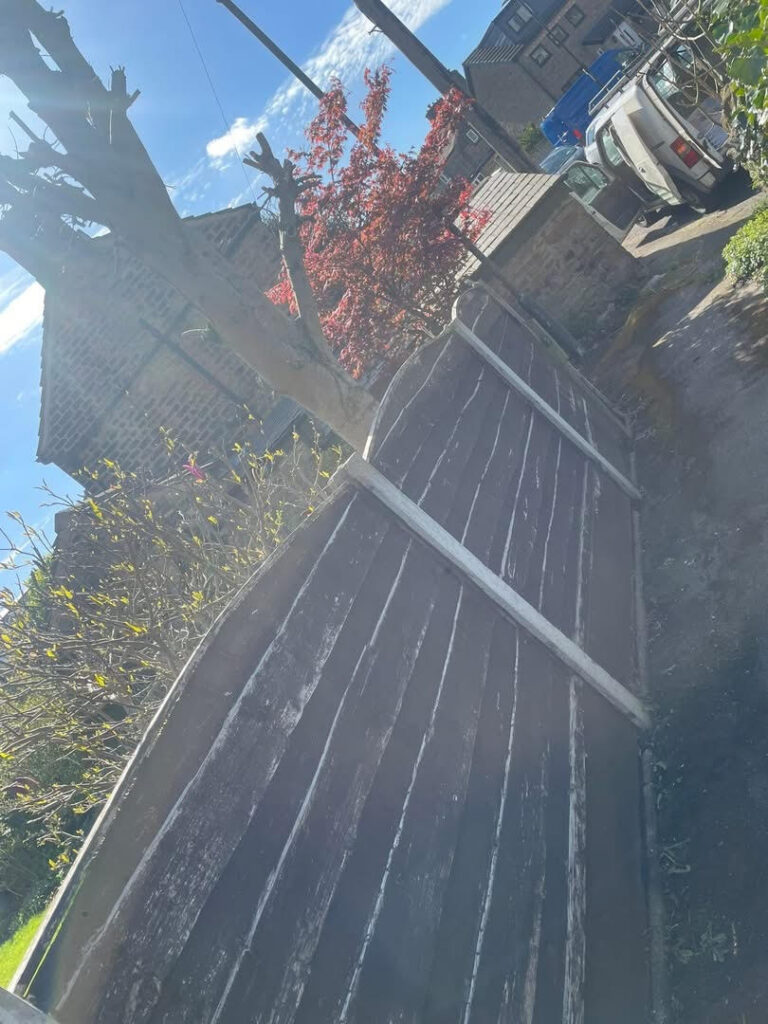Concrete Fence Post Removal
We can remove and dispose of your old concrete fence posts so that you can concentrate on installing the new ones. Or, we can also offer to install some new ones for you.

Why Choose Us
On Time Removal
We understand that you have deadlines. We strive to meet them every time.
Full Service
We remove and dispose of the concrete posts. It's a back breaking job but somebody has to do it!
Licensed & Insured
Our team have everything needed for safe disposal of your construction debris.
Competitive pricing
Our costs are as transparent as can be. You won't be left second guessing the cost.
What We Do
Fast, Reliable, and Responsible Concrete Fence Post Removal
Concrete Fence Post Removal Service
Removing old or damaged concrete fence posts is a tough job — let us handle it for you. Our Concrete Fence Post Removal Service is fast, efficient, and safe. Whether you’re replacing a few posts or clearing an entire fence line, we have the tools and expertise to get the job done right.
What We Offer:
Safe Removal of concrete-set fence posts
Professional Equipment to minimize damage to your yard
Disposal Services available for old posts and concrete
Flexible Scheduling for residential and commercial jobs
We take the hassle out of heavy lifting. No digging, no mess, no stress.
Can You Remove Fence Posts Yourself?
Removing a concrete fence post might seem like a straightforward DIY project, especially with countless online tutorials and videos showing how it’s done. However, from a professional standpoint, there are several key factors to consider before deciding whether to tackle the job yourself or call in an expert.
Understanding the Scope of the Job
Concrete fence posts are typically set into the ground with a substantial footing, often around 1.5 to 2 feet deep, encased in a large block of concrete. Removing one involves more than just a sledgehammer and some elbow grease. It requires the right tools, proper technique, and a clear understanding of the risks involved.
What You’ll Need
At a minimum, you’ll require:
A post puller or manual digging tools (spade, digging bar, etc.)
A jack or hoist for stubborn posts
Protective equipment (gloves, boots, eye protection)
Access to disposal methods for the removed concrete
The physical effort involved should not be underestimated. Posts can weigh upwards of 50–80 kg (110–175 lbs), not including the concrete base. Manhandling that safely and without causing damage to yourself or surrounding structures is no small feat.
Safety Considerations
From a safety perspective, here are the top concerns:
Back and muscle strain: Poor lifting technique or underestimating the weight can lead to injury.
Concrete shrapnel: Breaking up the footing with a hammer or chisel can send sharp fragments flying.
Utility hazards: Fence posts near power lines, gas lines, or other buried utilities can present serious risks if not assessed properly.
Professionals are trained to identify and mitigate these risks, often using tools the average homeowner doesn’t have on hand, like mechanical diggers or hydraulic post extractors.
Time and Cost Comparison
While DIY may save on labor costs upfront, the job can take several hours, especially for a first-timer. Renting or buying the necessary equipment, plus the potential for injury or property damage, can quickly offset any perceived savings.
On the other hand, hiring a professional may cost £75–£150 per post, depending on access, location, and complexity, but you gain peace of mind, faster turnaround, and the assurance that the job is done properly.
When DIY Might Be Feasible
For a single, loose post with a small concrete base in accessible soil, a physically fit person with basic tools might manage the job themselves. If the post is already wobbly, the footing may be cracked and easier to dislodge.
However, if you’re dealing with multiple posts, tight spaces, or reinforced footings, the DIY route quickly becomes impractical.
Final Verdict
A single, simple post? Possibly. Multiple or complex posts? Probably not.
As a professional, my advice is this: weigh your confidence, physical ability, and access to tools against the potential hazards and time investment. If in doubt, get a quote from a reputable contractor. Sometimes, knowing when not to DIY is the smartest move of all.
© 2022 All Rights Reserved.
